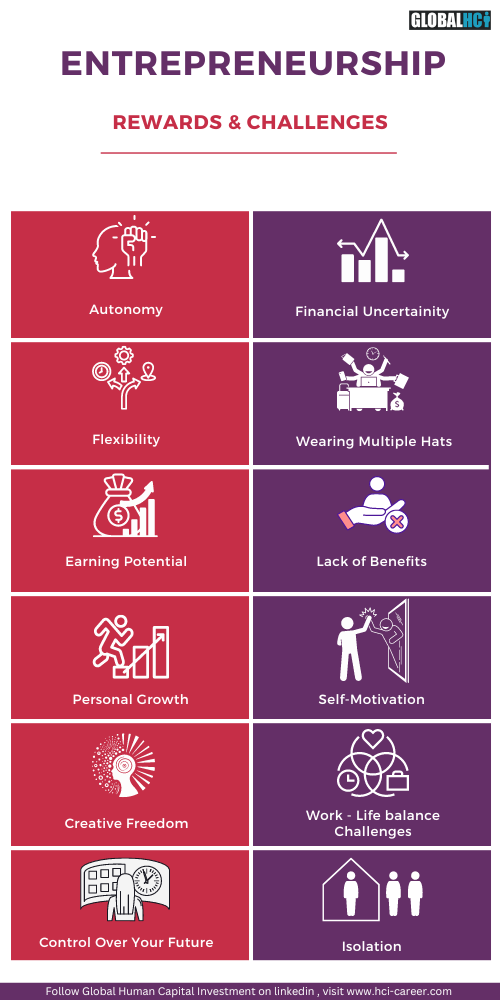
Working for yourself can be incredibly rewarding, offering autonomy, flexibility, and the opportunity to pursue your passions. However, it’s not without its challenges. Before embarking on the entrepreneurial journey, it’s essential to understand both the difficulties and the rewards you may encounter along the way.
Let’s start by discussing the benefits 💼
💡 The Benefits:
- Autonomy: One of the greatest benefits of working for yourself is the freedom to make your own decisions and set your own schedule, however you have to remember that your client is your boss.
- Flexibility: You have the flexibility to work when and where you want, allowing you to create a schedule that works for you.
- Passion Pursuit: Working for yourself allows you to pursue your passions and build a business around what you love.
- Earning Potential: Unlike a traditional job where your income is often fixed, working for yourself gives you the opportunity to earn as much as you want, depending on the success of your business, in addition of making money from multiple sources.
- Personal Growth: Running your own business can be a powerful tool for personal growth, challenging you to step out of your comfort zone and learn new skills.
- Creative Freedom: You have the creative freedom to innovate and explore new ideas without the constraints of a corporate structure.
- Control Over Your Future: Working for yourself gives you control over your career path and allows you to create the future you envision for yourself.

🔍 The Challenges:
- Financial Uncertainty: One of the biggest challenges of working for yourself is the irregular income. In the early stages, especially, you may face financial instability as you build your business.
- Isolation: Working alone can be lonely. You might miss the social interactions of a traditional workplace.
- Work-Life Balance: Balancing work and personal life can be challenging when you’re responsible for every aspect of your business.
- Self-Motivation: Without a boss or set schedule, staying motivated can be tough. You must be disciplined and self-driven to succeed.
- Wearing Multiple Hats: As a self-employed individual, you’ll need to handle all aspects of your business, from marketing to finances to customer service.
- Lack of Benefits: Unlike traditional employment, you won’t have access to benefits such as health insurance, paid vacation, or retirement plans unless you arrange for them yourself.
- Uncertainty: The entrepreneurial journey is filled with uncertainty. Market conditions, customer preferences, and other factors can change rapidly, requiring you to adapt quickly.
- Legal and Administrative Responsibilities: Managing the legal and administrative aspects of your business can be complex and time-consuming.
- Limited Growth Potential: Scaling your business can be challenging without access to resources and support available in larger organizations.
💼 Conclusion:
Working for yourself is not for everyone. It requires a high level of commitment, resilience, and willingness to face challenges. If you’re not ready to take on these challenges, it may be wise to stick to a full-time job.
However, if you’re prepared to embrace the difficulties and uncertainties of entrepreneurship, the rewards can be immense. Before making the leap, carefully consider whether you have the right mindset and skills to succeed on this path.
Remember, there’s no shame in choosing a traditional career path if self-employment isn’t the right fit for you. Ultimately, the most important thing is to find a path that aligns with your values, goals, and capabilities.
Are you ready to take on the challenges and earn the benefits of working for yourself, or is a full-time job the better choice for you? The decision is yours to make.



